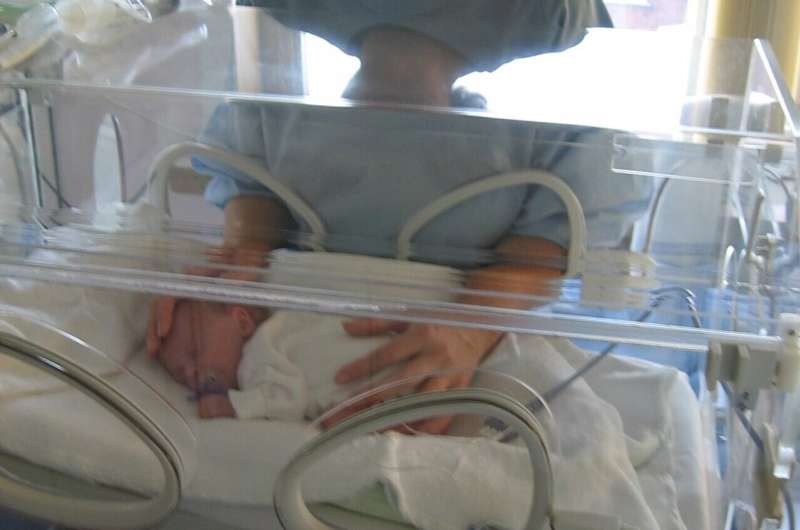Pregnancy-Related STIs Increase Risks of Birth Complications: New Research

New research links sexually transmitted infections during pregnancy to higher risks of preterm birth, stillbirth, and small-for-gestational-age babies, highlighting the need for improved screening and healthcare access.
A comprehensive study conducted by Curtin University has identified a significant link between sexually transmitted infections (STIs) during pregnancy and increased likelihood of adverse birth outcomes. Analyzing nearly 60,000 births in Australia's Northern Territory from 2005 to 2020, researchers found that infections like syphilis, chlamydia, gonorrhea, and trichomoniasis are associated with serious complications such as preterm birth, stillbirth, and babies born smaller than expected. Notably, maternal syphilis tripled the risk of preterm delivery and more than doubled the risk of growth restriction in infants, while gonorrhea nearly doubled the chance of stillbirth.
Lead researcher Dr. Jennifer Dunne emphasized that these findings underscore the urgent need to enhance STI screening protocols throughout pregnancy, especially in high-risk areas. Current testing typically occurs early in pregnancy, but additional assessments later on could help prevent devastating outcomes. Many of these infections are preventable and treatable, reinforcing the importance of timely detection and intervention.
The study also highlights the public health challenges faced by remote communities, where access to healthcare services is often limited. Dr. Jacqui Hendriks pointed out that barriers to testing and treatment in isolated regions contribute to high STI rates, making culturally appropriate, accessible healthcare services essential. Strengthening follow-up care and raising awareness about STIs during pregnancy are crucial steps to improve maternal and infant health outcomes.
This research adds to the growing evidence that prioritizing STI prevention, screening, and treatment during pregnancy can significantly reduce adverse birth complications. It calls for healthcare systems to implement more comprehensive strategies, especially in remote and underserved regions, to protect mothers and their babies.
Source: https://medicalxpress.com/news/2025-07-stis-pregnancy-linked-adverse-birth.html
Stay Updated with Mia's Feed
Get the latest health & wellness insights delivered straight to your inbox.
Related Articles
New Insights into Ciliary Dysfunction and Its Link to Severity of Bronchopulmonary Dysplasia in Infants
Recent research identifies a link between ciliary dysfunction and the severity of bronchopulmonary dysplasia in premature infants, offering new paths for targeted therapies and improved management of the disease.
Rising Insurance Premiums Jeopardize Access to Life-Saving Weight Loss Surgery
Escalating insurance costs in Australia threaten the future of bariatric surgery, a vital treatment for severe obesity, with many surgeons considering quitting due to financial pressures. This trend risks reduced access to life-saving procedures, especially in underserved communities.
New Research Highlights Opioids with Highest Risk of Causing Constipation
A new study reveals which opioids are most likely to cause severe constipation, highlighting the importance of personalized pain management and dosing strategies.
How Eye Level Affects Perception of Hill Steepness: New Research Insights
New research shows that people's perception of hill steepness is heavily influenced by their eye level, with lower vantage points leading to greater overestimation of slopes' steepness, impacting navigation and safety.



